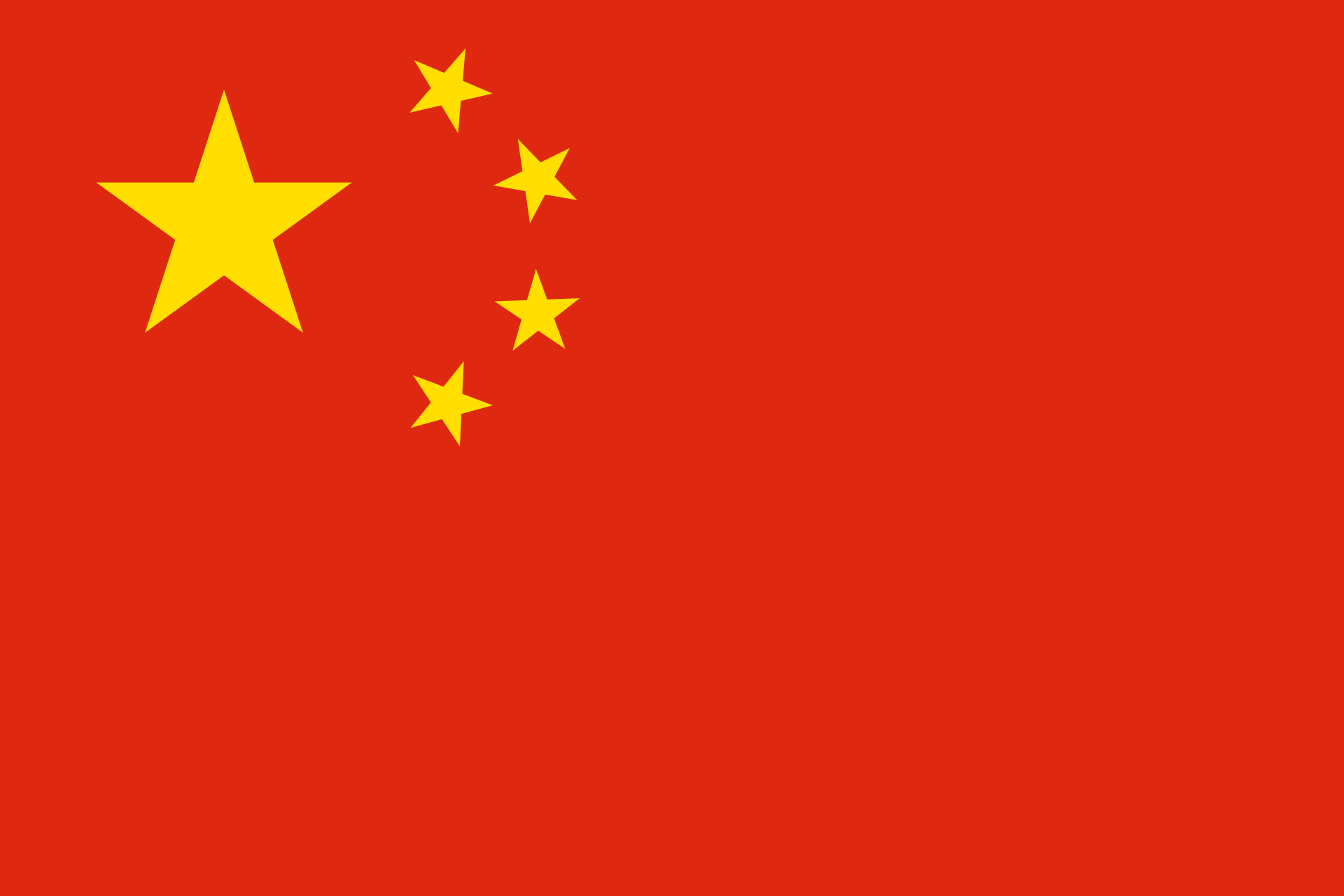Ramman, religious festival and ritual theatre of the Garhwal Himalayas, India
© IGNCA, Ministry of CultureEvery year in late April, the twin villages of Saloor-Dungra in the state of Uttarakhand (northern India) are marked by Ramman, a religious festival in honour of the tutelary god, Bhumiyal Devta, a local divinity whose temple houses most of the festivities. This event is made up of highly complex rituals: the recitation of a version of the epic of Rama and various legends, and the performance of songs and masked dances. The festival is organized by villagers, and each caste and occupational group has a distinct role. For example, youth and the elders perform, the Brahmans lead the prayers and perform the rituals, and the Bhandaris – representing locals of the Kshatriya caste – are alone entitled to wear one of the most sacred masks, that of the half-man, half-lion Hindu deity, Narasimha. The family that hosts Bhumiyal Devta during the year must adhere to a strict daily routine. Combining theatre, music, historical reconstructions, and traditional oral and written tales, the Ramman is a multiform cultural event that reflects the environmental, spiritual and cultural concept of the community, recounting its founding myths and strengthening its sense of self-worth. In order to ensure that it remains viable, the community’s priorities are to promote its transmission and to obtain its recognition Read more about this element on the UNESCO Intangible Cultural Heritage website.










